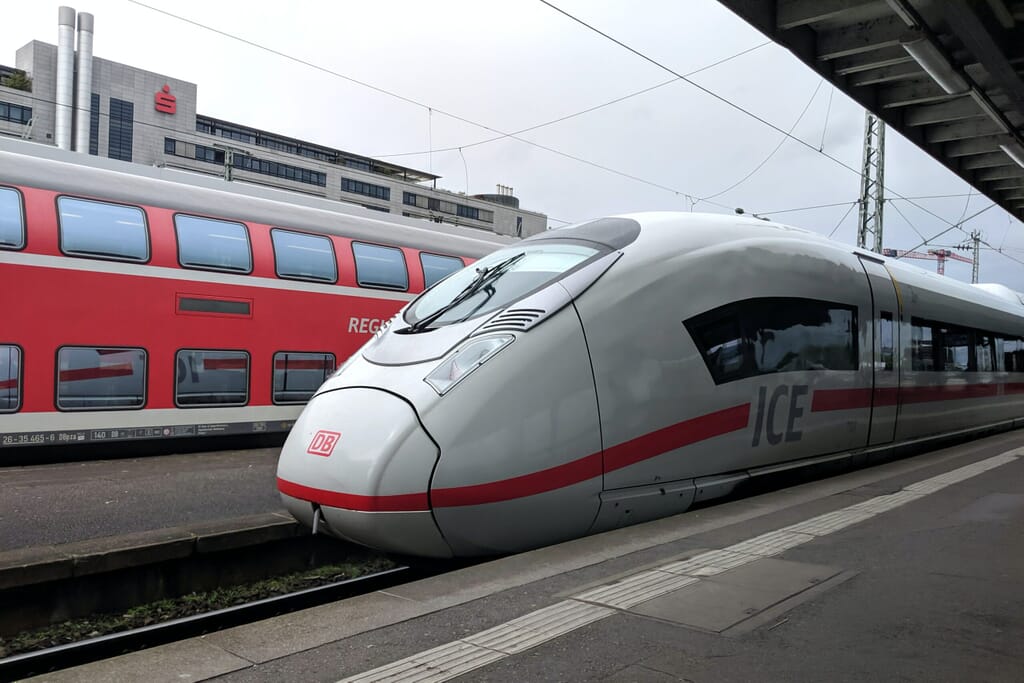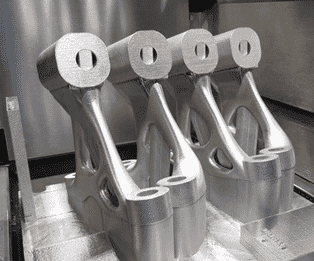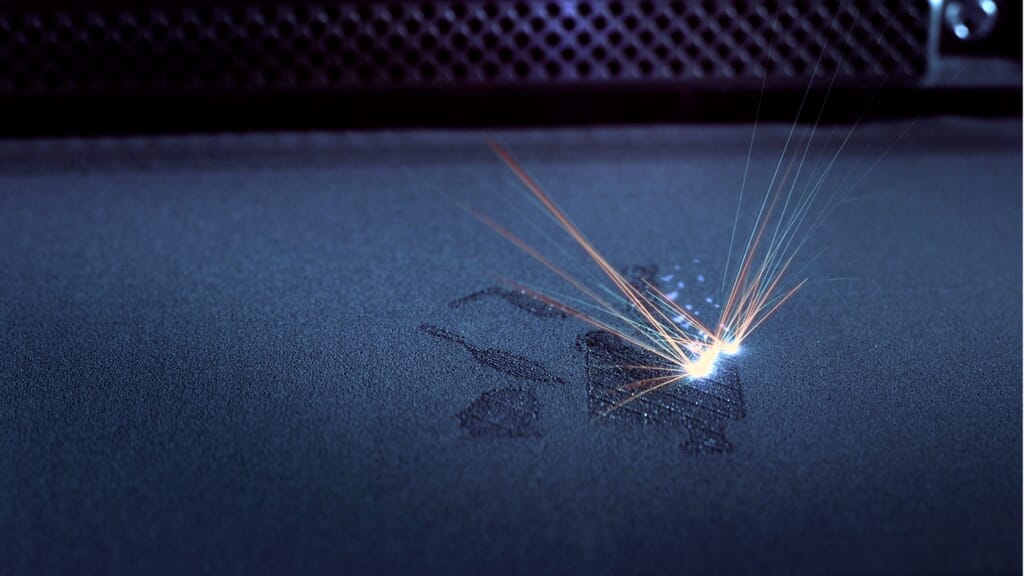
Fast replacement of EOL and legacy parts
From our 3d printing advanced manufacturing facilities, at AnyShape we have a range of AM technologies and materials to enable rail and MRO organisations to order 3d metal parts or plastic replacement parts quickly, efficiently and cost effectively. By utilizing our on-demand production systems, customers benefit from a fast turnaround, reduced inventory costs and high quality parts to European standard EN45545-2
Additionally our inhouse design engineering team are available to discuss re-engineering / reverse engineering projects and to help with optimisation and pre-production simulations for new additive manufacturing design projects. At AnyShape we can help you identify new metal 3d printing applications and get you prepared for additive manufacturing mass production
View our range of metal, polymer and composite materials below

















